

SOCIAL
Three projects to commence in Nandom Municipality
Three (3) sub-projects under the Ghana Productive Safety Net Programme (GPSNP) Phase II have been officially handed over to the contractor for the commencement of the works in the Nandom municipality.
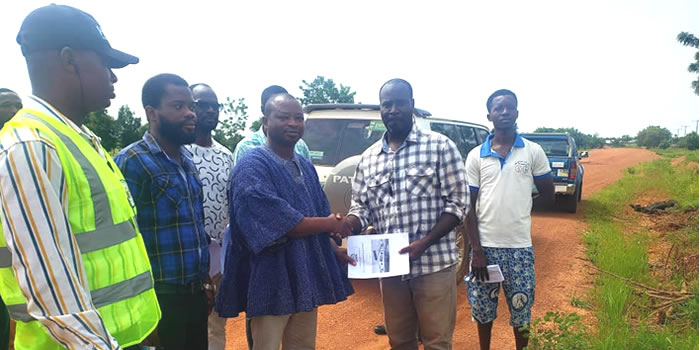
Date Created : 6/27/2023 12:00:00 AM : Story Author : Ghanadistricts.com
These projects consists of rehabilitation of 2.2 kilometers Domangye-Nabugangn feeder road, 2.2 kilometers Guomwaame-Hayore feeder road, and the rejuvenation of ten (10) hectares of degraded communal land for the cultivation of cashew trees, along with the establishment of a 100,000 seedling Nursery at Naapal.
The Municipal Chief Executive (MCE), Mr. Raymond Nero, together with the Municipal Planning Officer, Municipal Works Engineer, Municipal Agric Director, Representatives from the Ghana Productive Safety Net regional office, and a number of esteemed senior staff, paid a visit to the respective project sites to conduct the official handover ceremony to the contractors.
During the MCE’s visit to the three communities, he took the opportunity to bring the beneficiaries and community members up to speed on the details of the programme.
He informed them that the Ghana Productive Safety Net Project 2 (GPSNP 2) is a collaborative effort between the World Bank and the Government of Ghana, overseen by the Ministry of Local Government and Rural Development (MLGRD) and the Ministry of Gender, Children & Social Protection (MoGCSP).
This project, he added, serves as the successor to the previous Ghana Productive Safety Net Project (GPSNP). Furthermore, the MCE emphasized the primary objective of GPSNP 2, which is to strengthen social safety nets and enhance the income and productivity of impoverished individuals in Ghana.
He also reminded the gathering about the implementation of the Ghana Productive Safety Net Project (GPSNP), where the government provided financial support to disadvantaged households through Livelihood Empowerment Against Poverty (LEAP) grants, labor intensive public works infrastructure (LIPW), and income-generating activities focused on productive inclusion in targeted districts.
This initiative, he emphasized, is a means for the government to generate employment opportunities for its people.

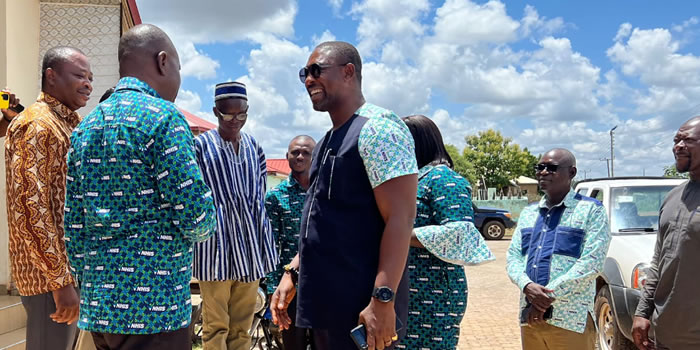
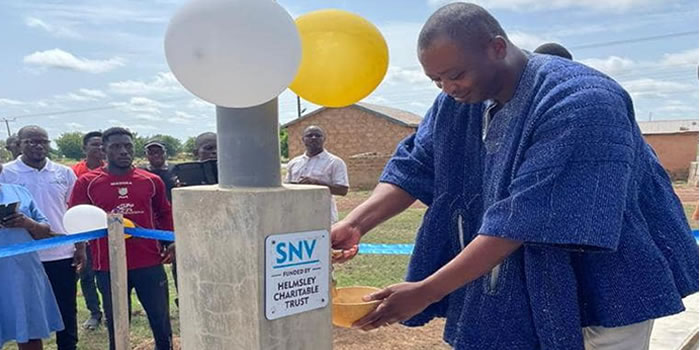
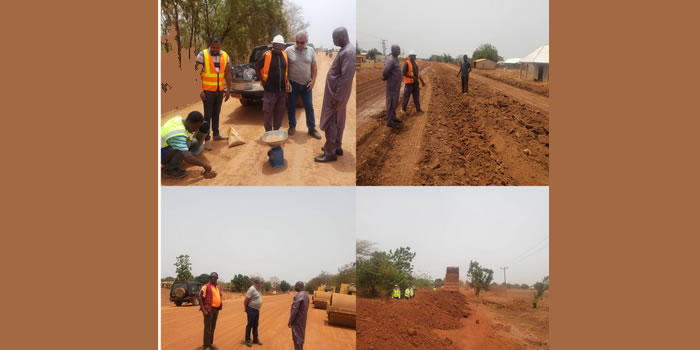

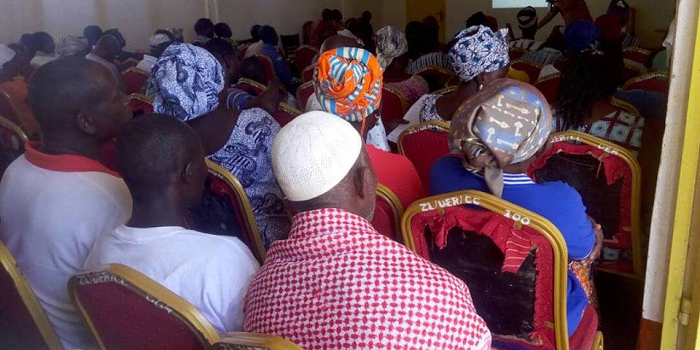
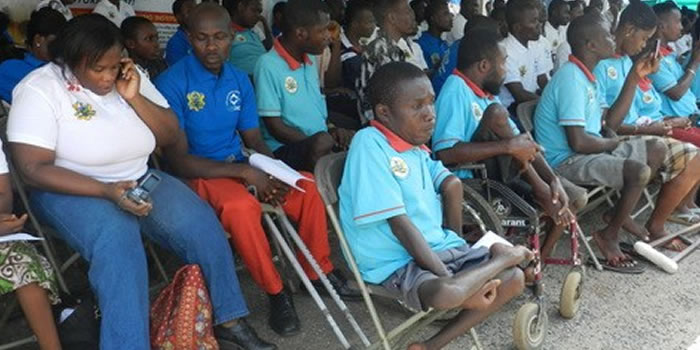

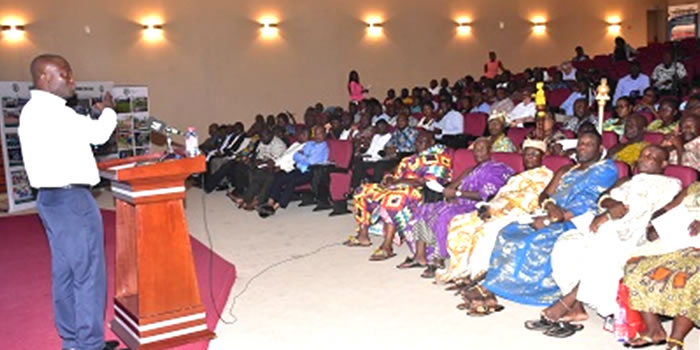
 facebook
facebook
 X
X
 Youtube
Youtube
 instagram
instagram
 +233 593 831 280
+233 593 831 280 0800 430 430
0800 430 430 GPS: GE-231-4383
GPS: GE-231-4383 info@ghanadistricts.com
info@ghanadistricts.com Box GP1044, Accra, Ghana
Box GP1044, Accra, Ghana